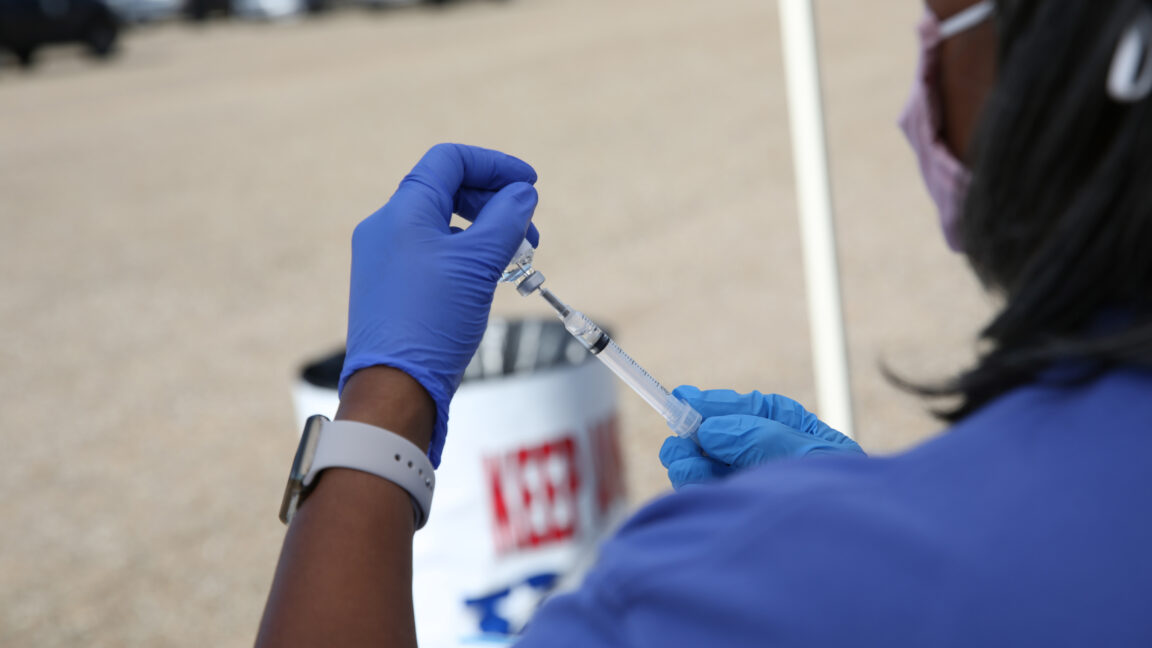What pharma companies and insurers think about Medicare’s plan to cover digital treatments


![]()
By Mario Aguilar
Sept. 17, 2024
Health Tech Correspondent
In July, Medicare proposed to start paying for some mental health apps, in a move applauded by the developers of those treatments after years of struggling to find adoption among clinicians and patients.
But it wasn’t only the startups and their supporters that took notice — some of the largest pharma and health care companies in the country, like Pfizer and CVS Health, weighed in on the proposal during the comment period, arguing for modifications that suit their vision for how digital treatments ought to be valued. The comments, especially from the large pharmaceutical companies and insurers, underscore how Medicare’s decisions could help define how the health care system pays for emerging technologies.
advertisement
Andy Molnar, CEO of the Digital Therapeutics Alliance, the advocacy group for developers, told STAT that this experiment could result in important learnings for the Centers for Medicare and Medicaid Services about how coverage of software medical devices translates to costs, provider adoption, and patient access.
STAT+ Exclusive Story
Already have an account? Log in


This article is exclusive to STAT+ subscribers
Unlock this article — and get additional analysis of the technologies disrupting health care — by subscribing to STAT+.
Already have an account? Log in
Monthly
$39
Totals $468 per year
$39/month Get StartedTotals $468 per year
Starter
$20
for 3 months, then $399/year
$20 for 3 months Get StartedThen $399/year
Annual
$399
Save 15%
$399/year Get StartedSave 15%
11+ Users
Custom
Savings start at 25%!
Request A Quote Request A QuoteSavings start at 25%!
2-10 Users
$300
Annually per user
$300/year Get Started$300 Annually per user
View All Plans
To read the rest of this story subscribe to STAT+.
Subscribe Log In health tech, Medicare, Policy, STAT+ Submit a correction requestReprints-

Mario Aguilar
Health Tech Correspondent
Mario Aguilar covers technology in health care, including artificial intelligence, virtual reality, wearable devices, telehealth, and digital therapeutics. His stories explore how tech is changing the practice of health care and the business and policy challenges to realizing tech’s promise. He’s also the co-author of the free, twice weekly STAT Health Tech newsletter.


Newsletter
Tech is transforming health care and life sciences. Our original reporting is here to keep you ahead of the curve.









